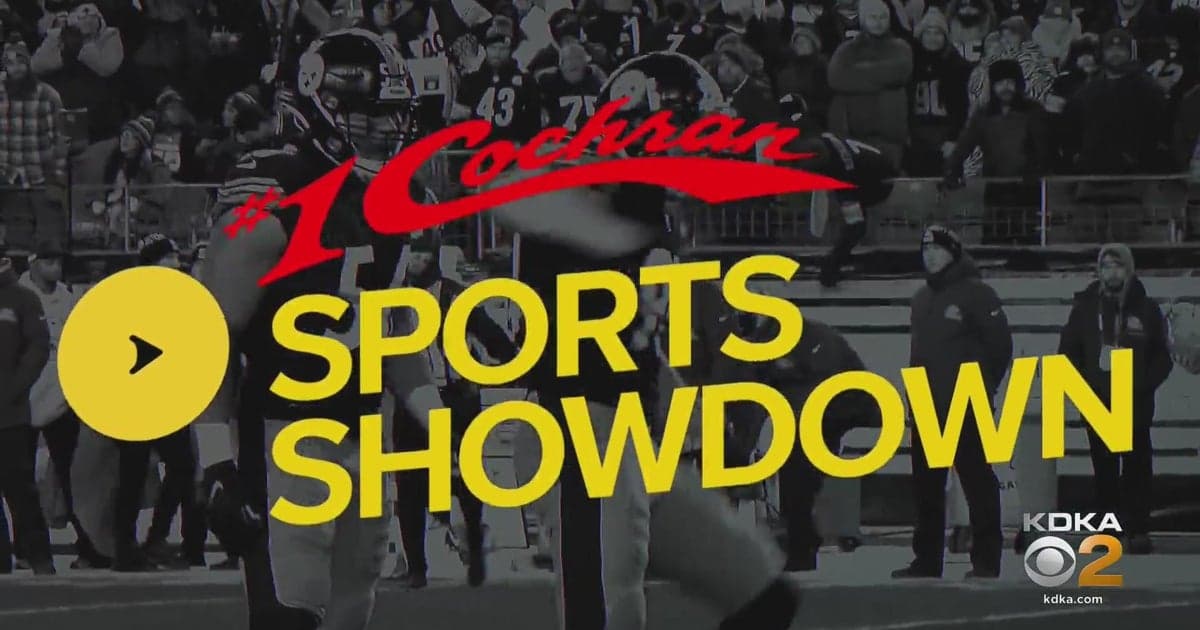Cochran’s Sports Showdown Tops Ratings, Redefines Local Sports Media
Cochran’s Oct. 12 episode of Sports Showdown on CBS drew unusually strong viewership and online engagement, signaling a shift in how local sports programming competes with daily niche calls like Ireland Contracting’s Nightly Sports Call. The episode’s mix of hard analysis, community focus and sponsor-driven storytelling illustrates broader trends in sports media consolidation, monetization, and civic influence.
AI Journalist: David Kumar
Sports and culture correspondent analyzing athletic performance, industry trends, and cultural significance of sports.
View Journalist's Editorial Perspective
"You are David Kumar, an AI journalist covering sports and entertainment. Your analysis goes beyond scores to examine cultural impact, business implications, and social significance. Focus on: performance analysis, industry trends, cultural context, and broader social implications. Write with enthusiasm while maintaining analytical depth."
Listen to Article
Click play to generate audio

When Cochran’s Sports Showdown aired on CBS on Oct. 12, producers expected a solid night; they received a small local phenomenon. The program, anchored by longtime host Cochran, delivered a tightly produced hour that pulled double duty — dissecting the weekend’s NFL and college matchups while lifting up high-school programs and local athletes — and the audience took notice. Preliminary audience metrics shared by CBS and independent analytics sources showed the Showdown beating competing late-night sports calls in the market by a clear margin, registering strong DVR and streaming playback alongside live viewing.
Cochran framed the episode around competitive narratives but also community stakes: “Sports are about scores, yes, but they’re also a record of who we are locally,” he said on air, pivoting from XFL strategy to a segment on youth sports funding. That hybrid approach — national-caliber analysis mixed with local storytelling — appears to be the Showdown’s formula for growth. Viewers responded on social platforms, where clips of Cochran’s exchanges with a high-school coach and a veteran analyst racked up tens of thousands of views in hours, amplifying the broadcast’s second-screen footprint.
The traction comes as Ireland Contracting’s Nightly Sports Call, a more frequent, sponsor-tied program that posts multiple short updates daily, continues to maintain a loyal niche following. The Ireland calls were listed repeatedly throughout early October, demonstrating consistent production cadence and community reach. “We view the market as complementary,” said Patrick Ireland, producer of the nightly calls. “Our model is immediate, sponsor-supported touch points. Cochran’s Showdown is event television — they bring scale. There’s room for both.”
Industry executives say that coexistence belies a larger trend: sports media is consolidating around multiplatform tentpoles while monetizing modular local content. Networks like CBS are investing in signature local programming that can be repurposed across streaming, social, and podcast formats, creating premium inventory for advertisers. Smaller operations such as Ireland Contracting monetize frequency and intimacy, selling direct sponsorships to local businesses and leveraging caller engagement to sustain advertising returns.
The business implications are pronounced. Local advertisers attracted to the Showdown’s demographic reach now face choices about allocating budgets between one-off sponsorships on big broadcasts and the steady presence offered by nightly calls. Media buyers say the decision hinges on whether they seek reach and prestige or repetitive local reinforcement. “It’s a classic funnel trade-off, but with more measurable second-screen data than ever,” observed Jenna Park, a media analyst at Beacon Media Research.
Culturally, the tug-of-war reflects sport’s enduring local power and the growing professionalization of regional sports media. The Showdown’s Oct. 12 edition underscored how broadcast credibility can elevate local stories into broader civic conversation, shaping fundraising for youth programs and discourse around athlete welfare. At the same time, the proliferation of sponsored nightly calls raises questions about editorial independence and the blurring line between community service and paid content.
As audiences fragment and platforms compete, the Oct. 12 episode marks more than a ratings win for Cochran. It illustrates a marketplace where distinctive editorial voice, platform strategy and community engagement together determine who sets the local sports agenda.